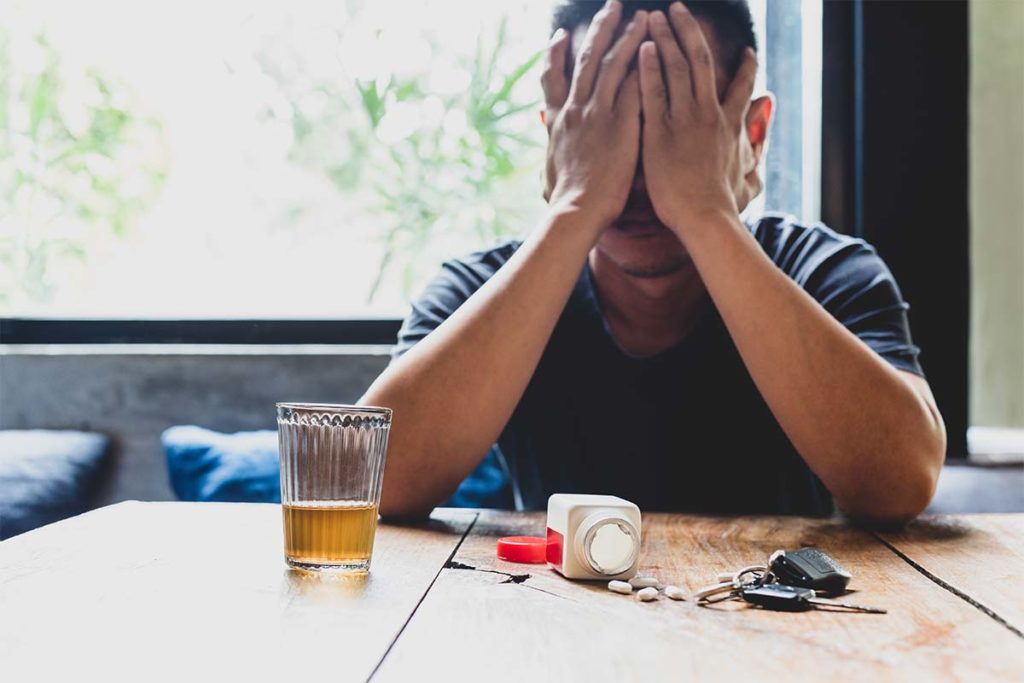New findings from a team of American researchers indicate that a military veteran’s gender and history of sexual assault exposure have no measurable impact on the initial severity of PTSD symptoms or the likelihood of recovering from those symptoms after treatment. Military veterans who serve in combat zones have increased chances of developing post-traumatic stress disorder (PTSD), as do women and men exposed to sexual assault inside or outside the military. In a study published in April 2015 in the Journal of Traumatic Stress, researchers from four U.S. institutions assessed the impact that gender and sexual assault exposure have on the severity of PTSD and the course of PTSD recovery.
Military Service and PTSD
As a rule, post-traumatic stress disorder is triggered by exposure to traumatic experiences that overtax a person’s ability to make mental/emotional adjustments and maintain a reasonable sense of well-being. Direct combat exposure and the witnessing of combat are two of the most potent known risk factors for the onset of the disorder (although most combat veterans don’t have stress reactions severe enough to result in a PTSD diagnosis). Specific aspects of direct or indirect combat exposure that can boost the odds of developing PTSD include coming under any form of attack, being shot at with guns or other weapons, shooting at someone else, viewing the bodies of people killed in combat and witnessing the wounding or death of a friend or acquaintance. The U.S. Department of Veterans Affairs’ National Center for PTSD estimates that 11% to 20% of all American veterans of service in Afghanistan or Iraq have developed diagnosable problems with PTSD after returning from combat zones. In military veterans and all other people, classic symptoms of the disorder include uncontrolled activation of the body’s “fight-or-flight” response, a general rise in negative or “down” emotional states, a pressing urge to avoid circumstances that bring back memories of a traumatic situation and involuntary re-experiencing of a traumatic situation during waking hours or while sleeping. Some people develop a shorter-term condition called acute stress disorder (ASD) before eventually qualifying for a PTSD diagnosis, while other people with PTSD never experience diagnosable ASD.
Sexual Assault and PTSD
Like direct and indirect combat exposure, sexual assault exposure is broadly acknowledged as one of the most likely sources of PTSD. Inside the military and outside the military, women are victimized by sexual assault substantially more often than men. This fact partially accounts for women’s higher overall chances of developing post-traumatic stress disorder. Other mental health issues linked to women’s exposure to rape or other forms of sexual assault include major depression, excessive alcohol consumption and excessive drug consumption.
Impact on Symptom Severity and Treatment Outcomes
In the study published in the Journal of Traumatic Stress, researchers from the VA Palo Alto Health Care System, Alliant International University, California Polytechnic State University and the Stanford University School of Medicine used data drawn from 837 veterans to estimate the impact of gender and sexual assault exposure in the military on the seriousness of PTSD symptoms and the relative effectiveness of PTSD treatment. The sample pool included 726 men and 111 women. All of these participants completed an initial assessment of factors that included the severity of their PTSD symptoms, the presence and severity of depression symptoms, level of substance use/abuse, level of participation in violent or aggressive behavior and general life satisfaction. Roughly two-thirds (69%) of the participant group went through a second assessment four months after receiving intensive psychotherapeutic treatment specifically designed for people with PTSD. The researchers concluded that military veterans have roughly equivalent PTSD-related problems upon entry into treatment, regardless of their gender or level of exposure to sexual assault while in the military. However, they also concluded that female veterans have a higher level of exposure to depression symptoms at the start of their PTSD treatment. At the beginning of the project, the researchers expected to find that female veterans and people sexually assaulted in the military (a largely overlapping group) have poorer treatment outcomes than male veterans and people not sexually assaulted in the military. However, they ultimately concluded that gender and history of sexual assault victimization in the military have no discernible impact on the odds of recovering from PTSD with the help of intensive psychotherapy designed for people affected by the disorder.



